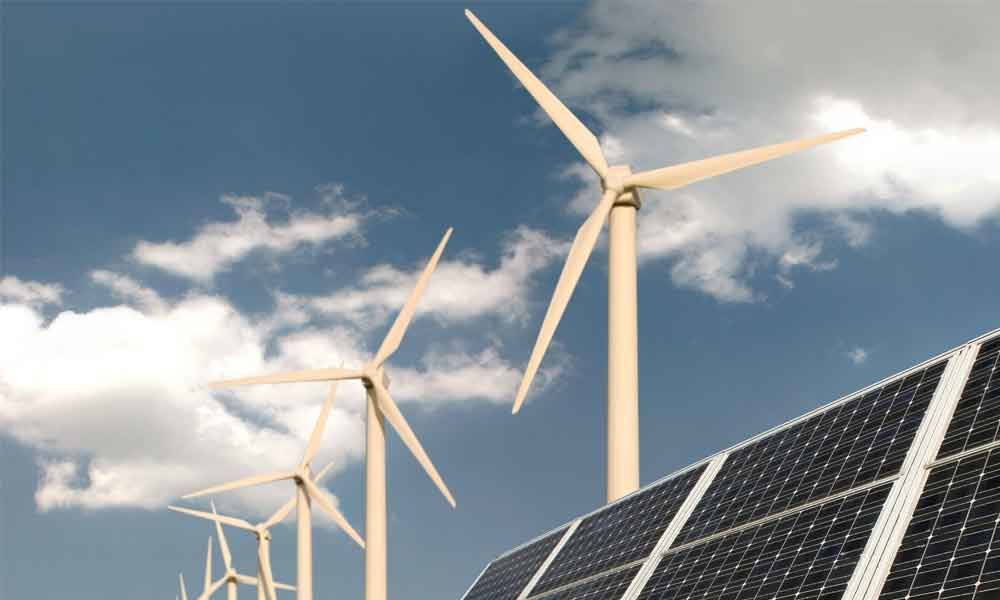Live
- Nagesh Trophy: Telangana, Gujarat dominate action on Day 4 with easy wins
- Get Ready for Dreame Technology’s Year-End Amazon Sale – Big Savings on Smart Home Products
- FIR registered as 4 voter forgery cases come to light in Delhi's Okhla constituency
- Ayodhya Ram temple to host majestic anniversary celebrations on Jan 11 with devotional, cultural programmes
- National Policy Framework on Agricultural Marketing draft silent on MSP: Punjab
- Thyrocare Sets Benchmark as The First National Diagnostic Chain with 100% of its Labs with NABL Accreditation
- Hisense India Partners with Reliance resQto Elevate After-Sales Service Nationwide
- RG Kar tragedy: CFSL reports suggest further probe to find whether rape & murder committed by only one or others involved
- PM Modi takes stock of 8 big infra projects worth Rs 1 lakh crore
- 98.5 pc land records digitised in rural areas, modernisation drive extended to 2026: Centre









